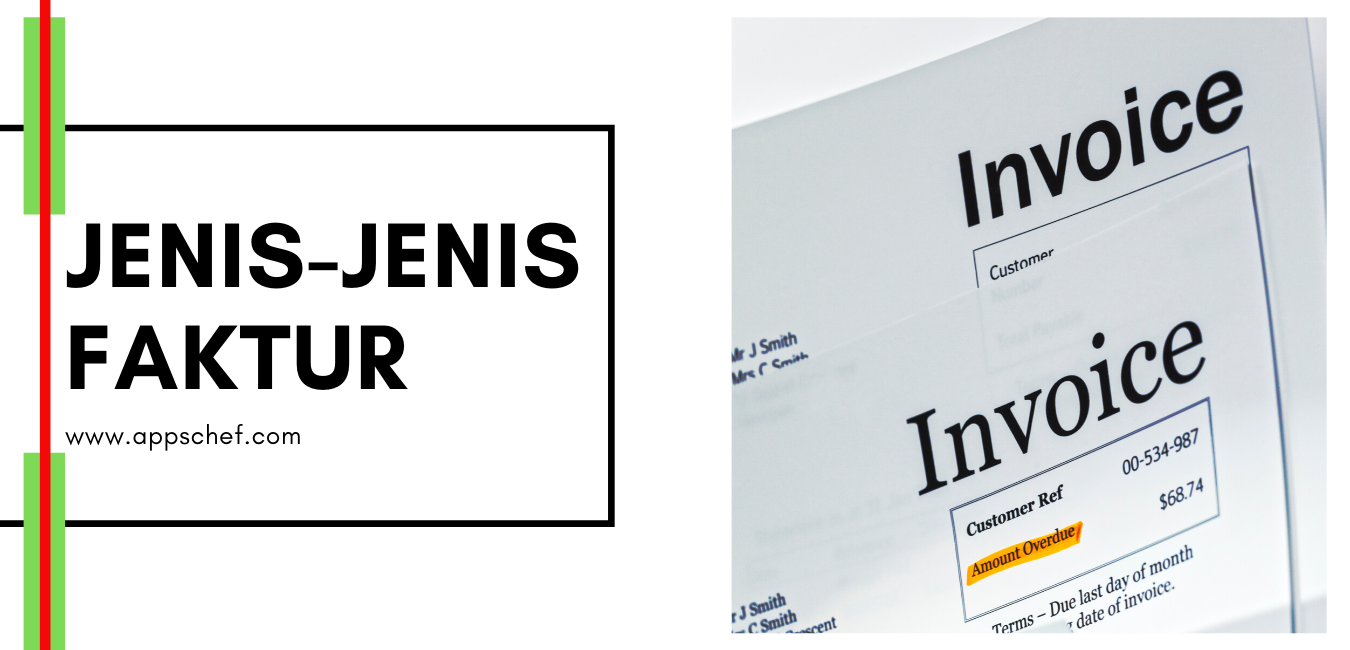Node JS, an open source, a cross-platform run time environment for developing server-side and networking applications, was developed by Ryan Dahl in 2009 and the latest version that exists is V0.10.36. It is a platform built and supported by Chrome’s JavaScript run time for enabling building fast and scalable network applications.
Node.js uses event-driven, non-blocking I/O model that make it lightweight and efficient, and perfect for data-intensive real-time applications that run across distributed devices.Node.js applications are written in JavaScript, and can be run within the Node.js run time on OS X, Microsoft Windows, and Linux.Node.js also provides a rich library of various JavaScript modules which simplifies the development of web applications using Node.js to a great extent.
Features of Node.js
The key features of NodeJS, which make it widely useful for all developers and programmers are as follows:
• Asynchronous and Event Driven − All APIs of Node.js library is asynchronous, that means they are non-blocking. A NodeJS based server never waits for an API to return data. The server continues to move to the next API after calling it and a notification mechanism of Events of Node.js enables the server to get a response from the previous API call.
• Very Fast − Being built on Google Chrome’s V8 JavaScript Engine, Node.js library is very fast in code execution.
• Single Threaded but Highly Scalable − Node.js uses a single threaded model with event looping. The asynchronous response to the server through the event mechanism makes the server highly scalable against the traditional servers which create a limited number of threads to handle requests. Node.js implements a single threaded program. The same program is also used to provide services to a very large number of requests than traditional servers like Apache HTTP Server.
• No Buffering – There is no buffering of data in NodeJS applications. These applications directly output data files in bulk without buffering.
• License – NodeJS is licensed under MIT.
Who uses NodeJS?
There is a long list of well-established companies that use NodeJS in their applications and development process. Some of the companies from the long list are mentioned below:
• eBay
• General Electric
• GoDaddy,
• Microsoft
• PayPal
• Uber
• Wikipins
• Yahoo
• Yammer
Where to use NodeJS?
NodeJS proves itself as the most promising development tool in the following are:
• I/O bound Applications
• Data Streaming Applications
• Data Intensive Real-time Applications (DIRT)
• JSON APIs based Applications
• Single Page Applications
Where not to use NodeJS?
CPU intensive applications are complex, hence the use of NodeJS in these applications is not advisable.
Benefits of NodeJS
1. Asynchronous I/O
NodeJS caters to many common web and network development problems through its asynchronous mechanism to scale to large volumes of clients and perform all I/O intensive operations asynchronously. Apart from rapid execution of JavaScript functions, Event Loop is the secret behind the success of NodeJS.
2. Javascript
Node.js implements Javascript functions and methods. Since the same language can be used in designing the interface and implementing the functionalities, it discards the boundaries between the back-end and front-end development.
3. Community Driven
Being an open source community, NodeJS has produced excellent modules to add additional capabilities to its applications, the most important being the Socket.io. It is a module to manage uninterrupted connections between client and server, enabling the server to deliver real-time updates to clients in an efficient manner, automatically using the best technology available for a particular client.
NodeJS-A boon for business Applications
• The average time for the development process is the shortest in the case of NodeJS than any other framework. This leads to a rapid minimum viable product delivery (MVP).
• NodeJS gives the developer the liberty to plan the structure of his applications. This encourages the use of various new tools and frameworks launched within the NodeJS and JavaScript community.
• A wide range of features is provided by NodeJS.
• The code developed using NodeJS can be executed on multiple platforms
• The installation process is easy and execution is possible locally.
• The cost of development using NodeJS is very less and deployment costs are minimal as they are paid as and when the project grows.
• Development of real-time systems is easy.
• The NodeJS applications are highly scalable due to asynchronous and event-driven processing
• It is fast in execution.
• The code is universal in nature. It can be written in one language and can be executed on multiple platforms.
• NodeJS exhibit high performance due to small thread processing to establish connections.
• NodeJS projects can bear extremely high load with fast response and quick scalability options, against PHP applications that may fail due to high load.
• High-quality performance HTTP and TCP protocols
• Short parsing time.
• Tight coupling between client and server allows the developer to design the client and server sides efficiently so that there is no need of flipping back and forth between multiple technologies
• Cloud scalability provides the possibility to scale up and down as needed to allocate power during rush hours and to save money and resources when the usage is low
• These services are considered as lightweight and easy to modify with respect to feature enhancements.
• Compatibility with a lot of community driven open source packages and modules
• Many available packages and extensions
• NodeJS ensures the stability and functionality of the system with the increase in traffic.
• It is easier and very economical to develop NodeJS business applications compared to other applications.





